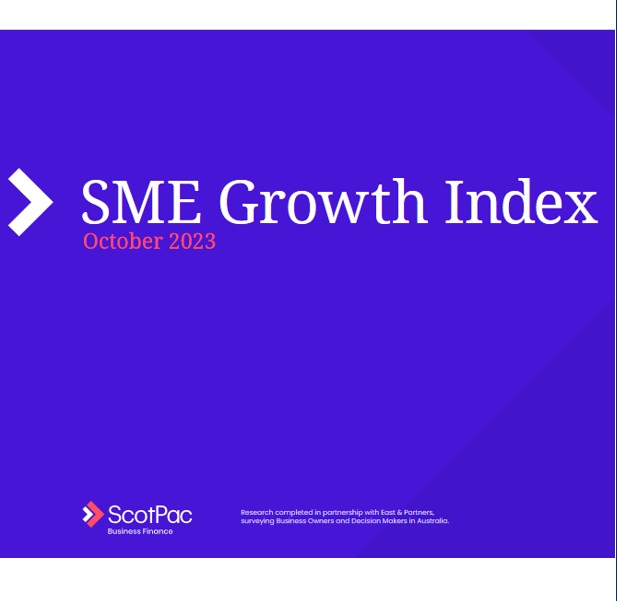
National wage increases prompt major changes to SME staffing approach: ScotPac
Almost 70% of SME owners plan to reduce their intake of new employees in response to cost pressures following national wage increases introduced in July.
The headline finding is contained in the latest round (Q3, 2023) of the country’s longest running SME sentiment check, the bi-annual SME Growth Index by ScotPac, Australia’s leading non-bank business lender.
Effective from 1 July 2023, the national minimum wage rate was increased by 8.65% to $23.23 per hour, while award rates jumped 5.75%.
The new rates, which apply to around three million Australian workers, have had a considerable impact on the business plans and growth projections of Australian SMEs.
Other notable strategies and insights provided by SME owners and operators in the face of growing wage bills include:
- 64% plan to reduce existing employee hours and / or headcount
- 33% believe the wage increases are negatively impacting their growth prospects
- 17% said they would increase reliance on contractors rather than employees
- 4% said wage pressures had ‘pushed them over the edge’ and they were considering closing their business.
The results echo similar concerns expressed in the previous SME Growth Index Report (Q1, 2023) where more than 60% of SME owners nationally – and 67% in NSW – listed wages growth as their leading cost concern.
The average number of full-time equivalent employees in Australian SMEs has fallen in all 19 rounds of the SME Growth Index Reports, from 88 in May 2014 to just 57 today.
ScotPac CEO, Jon Sutton, said the latest feedback from SMEs may see an acceleration of this trend.
“Ensuring there are available funds to pay wages and other payroll commitments can be time consuming and stressful for SME owners and operators, particularly with new award frameworks to implement,” Mr Sutton said.
“While wages pressure is a perennial concern for SME owners, the recent round of mandated increases may have tipped the scales and prompted many to act on costs.
“With SMEs being such a crucial part of the national employment picture, this may have a flow-on effect for unemployment and underemployment rates in coming months,” Mr Sutton said.
Mr Sutton said ScotPac’s experienced lending specialists have been providing SMEs with working capital strategies to optimise their payroll since 1988.
“Before making major changes to staffing structures, I would urge SME owners and their brokers to speak to ScotPac about our working capital solutions,” Mr Sutton said.
“Our breadth of products, scale of funding and flexible approach means we can assist SME in most situations, including times of rapidly rising wage costs.”


